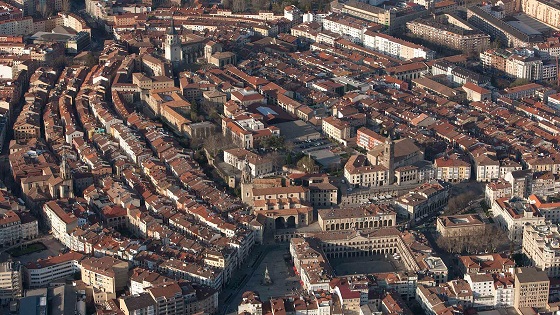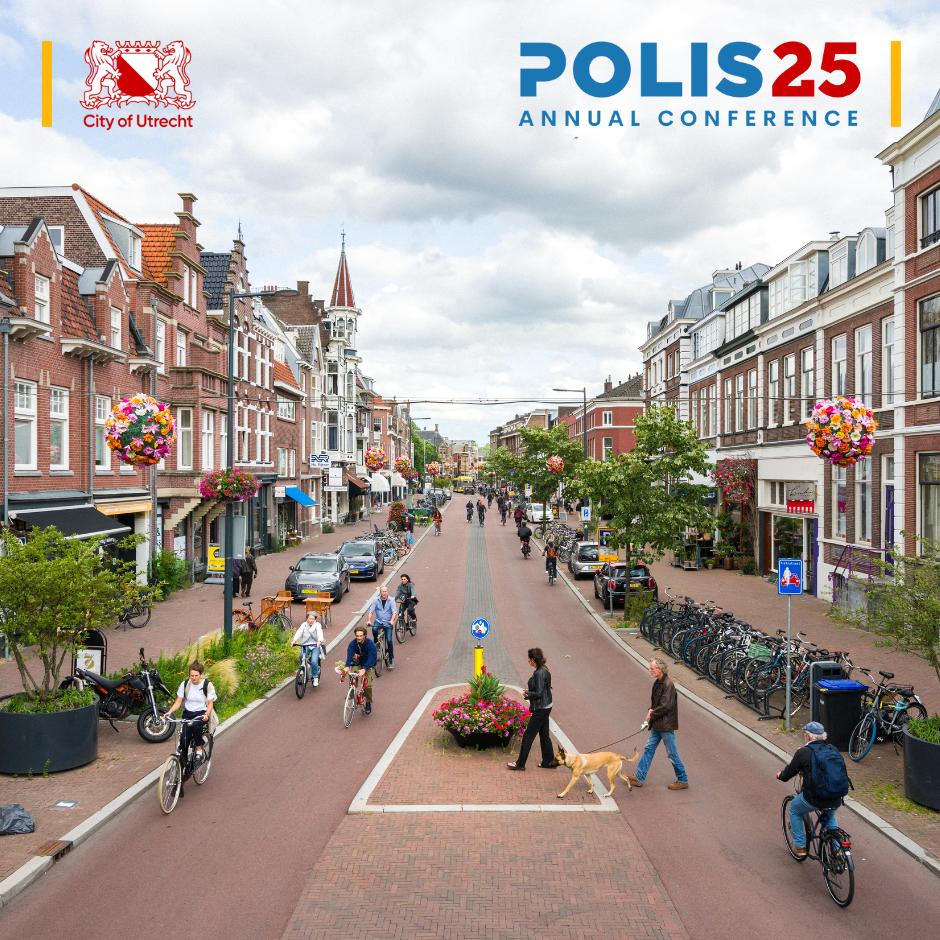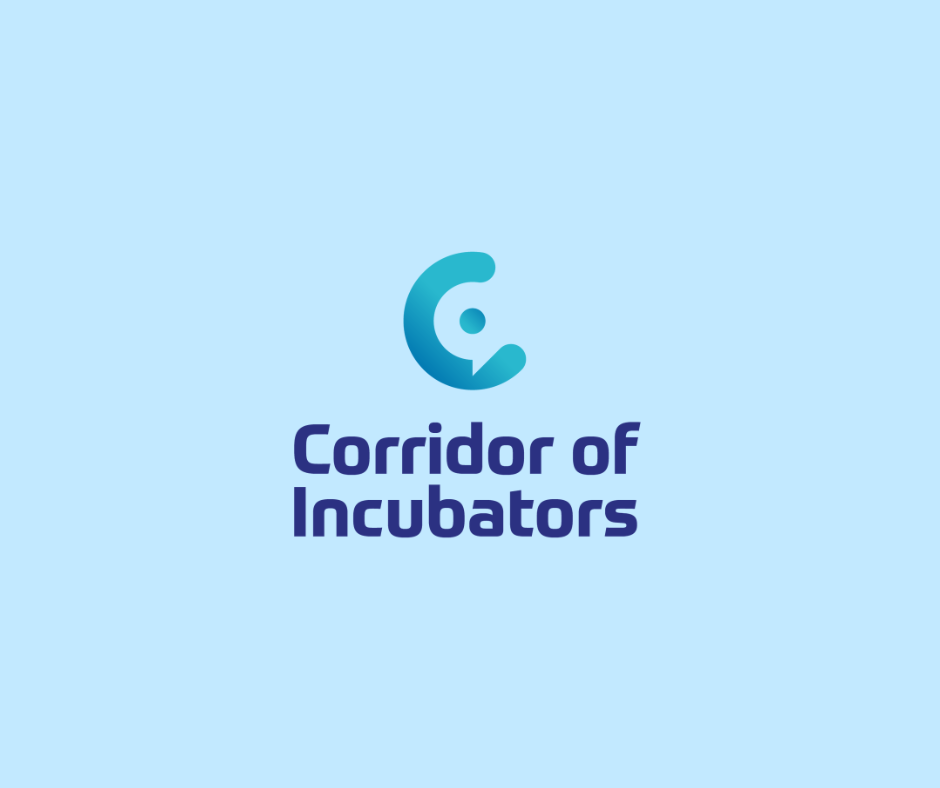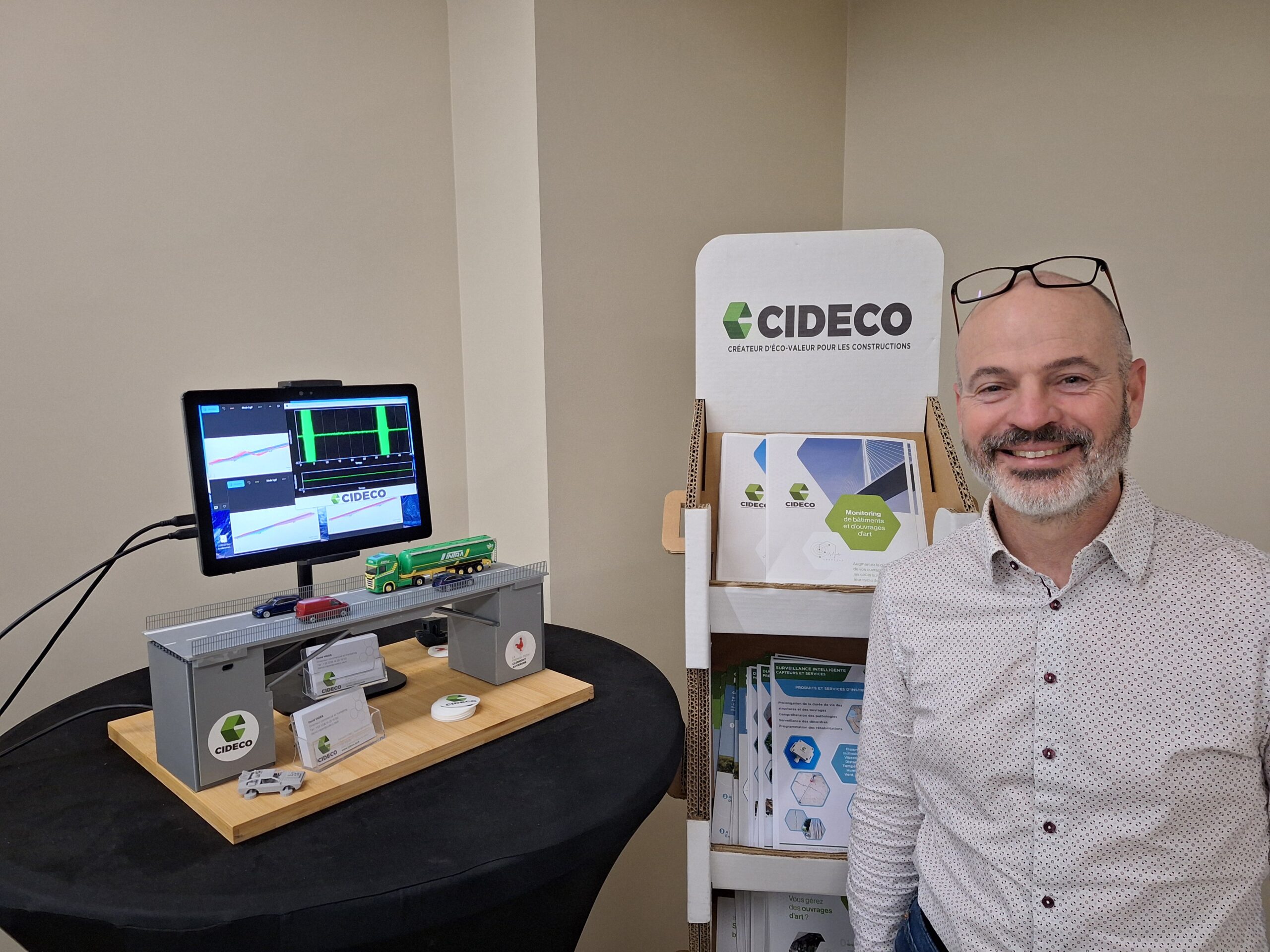The International Network of Michelin Cities has been working on the sustainable city since its beginning. The proximity between INMC and the academic world, and more particularly to the Jean Monnet Chair of Excellence on sustainable development, has led to the idea of co-constructing a systemic analysis tool (energy, food, waste, etc.) aiming to promote the understanding of the mechanisms at work in cities, and would also make it possible to compare the Network’s cities with each other in order to identify the most effective initiatives
This toolkit is the result of close cooperation between ERASME, the Western University of Sydney , Millennium Institute, Possibilizzeurs and the Western University of Norway.

The multi-criteria toolbox offers several analytical instruments capable of evaluating public policies, in particular those of local authorities. In a world where the objectives of sustainable development, the implementation of climate plans and mobility are becoming real priorities with global warming, the tool would make it possible to produce different scenarios until 2030 and 2050 depending on the choices made and the profiles of each of the cities in the network.
Discover the 3 tools :
Tool n°1 : Circles of Sustainability – Institute for culture and society
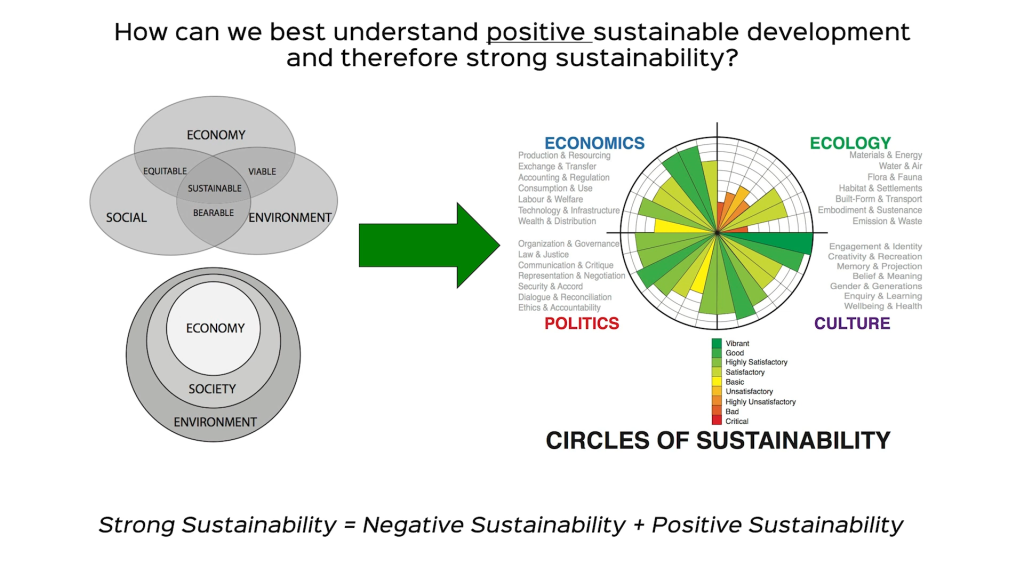
Circles of Sustainability is a method first developed through collaboration between the Senate Department for the Environment, Transport and Climate Protection and other organizations such as the International Real Estate Federation (FIABCI), the Cultural Development Network, and World Vision. It is part of the larger Circles of Social Life project led by Paul James and Liam Magee. The method is used for assessing sustainability and for managing projects directed as socially sustainable outcomes in many places around the world. It is intended to handle seemingly intractable problems. In the context of the contemporary pressures of global climate change, globalization, urbanization, and intensifying social change, sustainability assessment projects are increasingly being called upon to play an important role in building a better world. However, the more complex the problems, the less it seems most assessment methods are useful. Circles of Sustainability provides a way of responding to that limitation.
Source : https://www.westernsydney.edu.au/ics/research/impact/circles_of_sustainability
Tool n°2 : iSDG Model – Millennium Institute
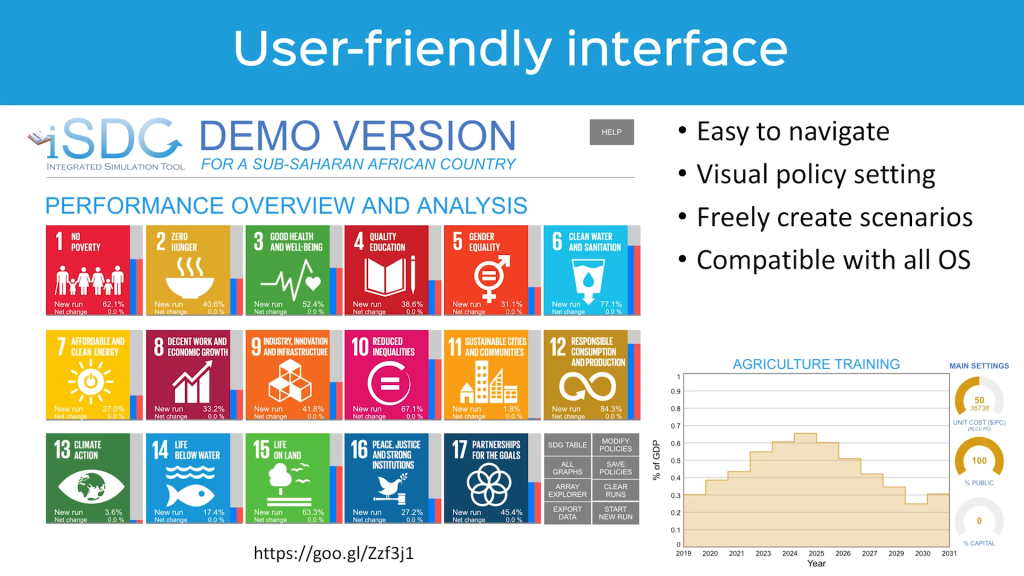
The Integrated Sustainable Development Goals (iSDG) model is a policy simulation tool designed to help policy makers and other stakeholders make sense of the complex web of interconnections between the SDGs.
Unlike databases and indexes that provide a measure of where a country stands, iSDG focuses on the dynamic interactions within the SDG system to reveal the best paths and progression towards achieving the SDGs.
Source : https://www.millennium-institute.org/isdg
Tool n°3 : Toile Maker – Possibilizzeurs
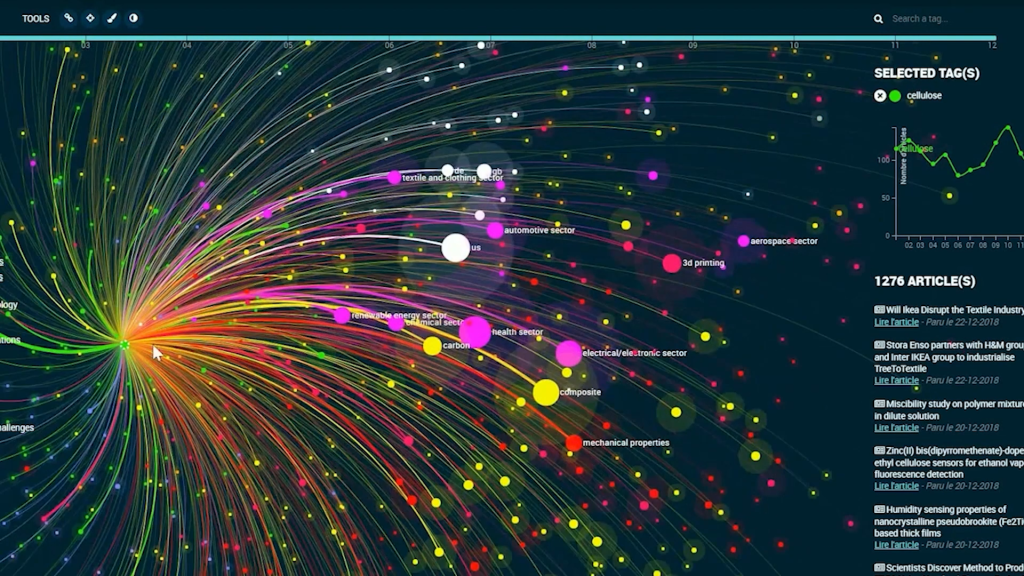
The ToileMaker® is a prospective tool that helps anticipate the chain consequences of economic shocks or site closures. The ToileMaker Software diagrams the data interactions of any type of ecosystem in a « dynamic way”. The Toile Maker is intuitive and allows each customer to create his Toile(s), regardless of his level of computer skills. Companies today have a clear interest in optimizing the management of their production flows. The objective is to tend towards short economic circuits, by seeking to achieve a loop of the flows of materials and energy on the scale of a territory, a sector, an urban area, a zone of activities… So many industrial sub-systems for which the analysis of the incoming and outgoing flows will make it possible to highlight the potential synergies but also to reveal development opportunities…
Source : http://www.toilemaker.com/press/
The cities of Vitoria-Gasteiz, Valladolid, Regensburg and Querétaro have already joined the initiative and participated in the first working group dedicated to the multi-criteria tool, set up on 29 June 2021, for a first exchange between the technical specialists and to present the different ways of approaching circularity in each city. Other virtual or face-to-face working sessions are planned for the last quarter of 2021.
The objective is to consolidate the work already initiated by the first cities and to move forward together in the co-construction and development of this toolbox . If your company or city is interested in participating in one of these working groups, you can contact us by email.
